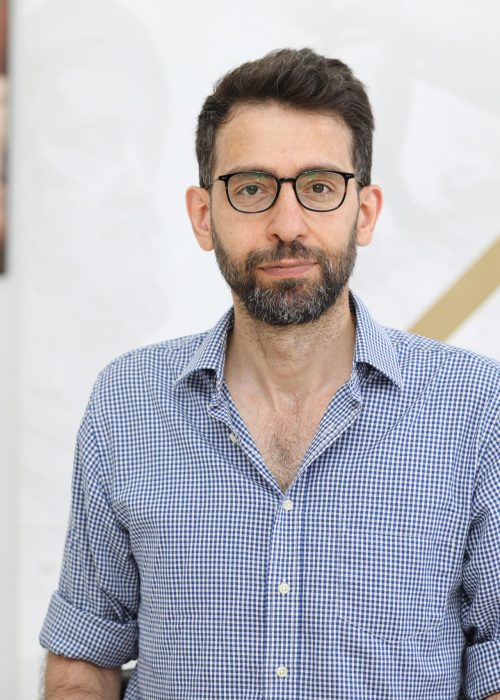2024
Project: Genealogies of Muslim Thought in Mashreq and Maghreb: The Case of Ennahda’s Muslim Democracy
Dr. Imad Alsoos
( Alumni MECAM Fellow 2023 /2024 / Germany)
Imad Alsoos earned a bachelor degree in English language and literature and a master degree in international studies from Birzeit University/Palestine, as well as a master degree in public law and international relations from the University of the Basque Country. In 2017, he earned his PhD from the Free University of Berlin, focusing on Hamas’s political discourse and organisational mobilisation in Gaza. In 2018, he joined the Max Planck Institute for Social Anthropology. In 2023-24, he joined the Merian Centre for Advanced Studies in the Mghreb. His current research focuses on a comparative study of Muslim thoughts in Mashreq and Maghreb and then examines the way their interactions have influenced the development of Ennahda Party’s political thought.

Project IRF V : Identities & Beliefs
This research project conducts a comparative study of Muslim thoughts in Mashreq and Maghreb and then examines the way their interactions have influenced the development of Ennahda Party’s political thought. Ennahda has evolved from a sharia-based approach (1969-1979), through an umma-based approach or Islamic democracy (1981-2010) to a Muslim democracy (ca.2011-present). The latest development represents the most advanced Muslim political thought in terms of the relationship between Islam and the modern model of state and civil society. Tracing Ennahda’s development demands an exploration of the movement’s historical and philosophical origins and the ways in which they have been renegotiated and transformed to adapt to the Tunisian political context. In theoretical and methodological terms, my research builds on Ibn Khaldun and Michael Foucault’s genealogical perspective, which argues that the cross-generational transfer of knowledge has neither a defined beginning nor a linear evolution. As such, Muslim democracy has emerged as a result of disparities between events, actors, unplanned situations and Ennahda’s own agency, which is conditioned by local context.
